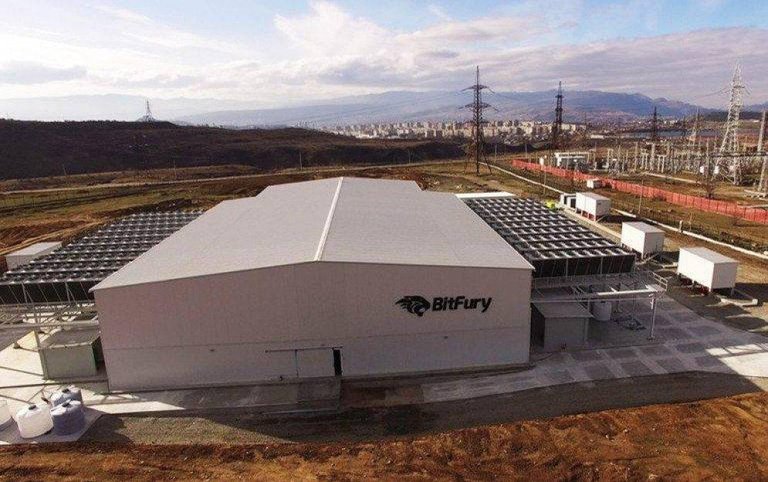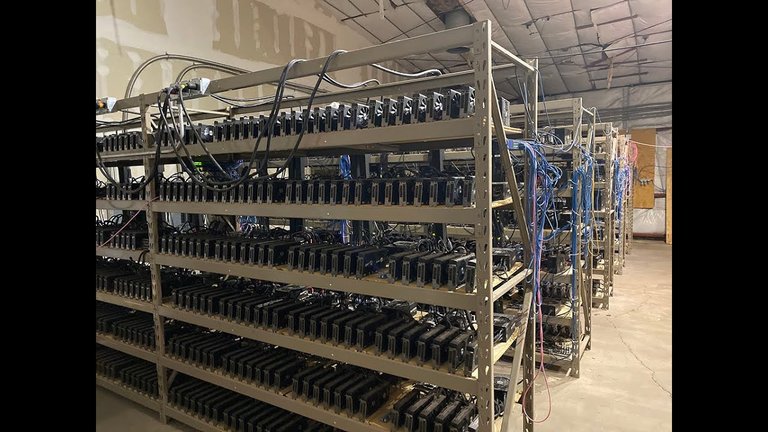
A Bitcoin mining facility located in Hadsel, Norway, has been shut down following significant local protests about the noise generated by the operations. The closure, however, will lead to a 20% increase in electricity bills for local residents.
According to reports, the facility, which consumed around 80 GWh of electricity annually, had been a source of tension for both politicians and residents. To put this into perspective, the Norwegian Broadcasting Corporation (NRK) noted that the facility's energy consumption was equivalent to that of about 3,200 households in a year. One of the major concerns raised by residents was the constant noise produced by the cooling fans running 24/7 to regulate the temperature of the mining computers.
A 2022 survey highlighted that the noise had made many residents deeply unhappy, with some even feeling "desperate" due to the disruption in their daily lives. Despite these complaints, the company behind the mining operation defended its position, arguing that the noise levels remained within the limits set by national regulations.
Hadsel's mayor, Kjell-Børge Freiberg, expressed relief after the facility was closed, saying that the community was now "very, very happy." He further acknowledged that the data center had been a persistent problem for both local politicians and the community for the past three years.
Unintended Consequences: 20% Increase in Electricity Bills for Residents

While the shutdown of the Bitcoin mining facility has brought relief from noise, it has also resulted in unintended financial consequences. The facility accounted for 20% of the revenue of Noranett, the local electricity network operator, which is one of 85 companies managing Norway's electricity distribution. Noranett is responsible for ensuring that electricity flows from power stations to consumers via transmission lines.
With the closure of the crypto mining center, Noranett explained that the financial burden would now shift to other electricity consumers. Robin Jakobsen, the network’s head, stated that such a large customer shutting down operations overnight would have a significant impact. The result is a predicted 20% increase in electricity costs for local residents. A typical household that had been paying between 12,000 and 13,000 NOK annually (about €1,000-€1,100) is expected to see an increase of 2,500 to 3,000 NOK starting next month.
The mayor acknowledged the financial challenge posed by the closure and mentioned that the municipality would explore new projects to make use of the remaining electricity supply, potentially easing the burden on consumers. However, he stressed that the local government has limited control over the structure of the energy system, meaning they must adapt to the situation as it stands.
Increasing Challenges for Bitcoin Miners
The situation in Hadsel reflects broader difficulties faced by Bitcoin miners worldwide. Recent data suggests that mining profitability has been on a downward trend, with operations recording losses for two consecutive months.
August data on Bitcoin mining returns is particularly concerning. With Bitcoin’s price remaining below the $60,000 mark, miners are facing increasing pressure on their revenue streams. A report from investment bank Jefferies shows that in August, the average price of Bitcoin dropped by more than 4%, while the network's average hashrate—a measure of computational power—rose by about 2.7%. This increase in hashrate makes the mining process more competitive, increasing the difficulty of mining new tokens.

Jefferies' analysis reveals that the average revenue per exahash of mining power fell by 11.8% in August compared to the previous month. The trend does not appear to be improving in September, with Bitcoin’s price continuing to underperform and the hashrate continuing to rise. Analysts Jonathan Petersen and Joe Dickstein have expressed concerns about the future profitability of miners if these conditions persist, noting that the sector could face even greater challenges unless Bitcoin’s price rebounds above $60,000.
In conclusion, the closure of the Bitcoin mining facility in Hadsel highlights both local and global challenges in the cryptocurrency mining sector. While the community has found relief from noise pollution, the financial implications of the closure, along with the ongoing difficulties in the mining industry, underscore the complexity of balancing technological advancements with community and economic concerns.